
Fabiola Fernanda María-de-las-Victorias Antonia Adelaida de Mora y Aragón was Queen of the Belgians from her marriage to King Baudouin in 1960 until his death in 1993. The couple had no children, so the Crown passed to her husband's younger brother, King Albert II.

Mathilde is Queen of the Belgians as the wife of King Philippe. She is the first native-born Belgian queen. She has founded and assisted charities to decrease poverty in the country.

Science policy is concerned with the allocation of resources for the conduct of science towards the goal of best serving the public interest. Topics include the funding of science, the careers of scientists, and the translation of scientific discoveries into technological innovation to promote commercial product development, competitiveness, economic growth and economic development. Science policy focuses on knowledge production and role of knowledge networks, collaborations, and the complex distributions of expertise, equipment, and know-how. Understanding the processes and organizational context of generating novel and innovative science and engineering ideas is a core concern of science policy. Science policy topics include weapons development, health care and environmental monitoring.

The European Science Foundation (ESF) is an association of 11 member organizations devoted to scientific research in 8 European countries. ESF is an independent, non-governmental, non-profit organisation that promotes the highest quality science in Europe. It was established in 1974 and its offices are located in Strasbourg, France (headquarters).
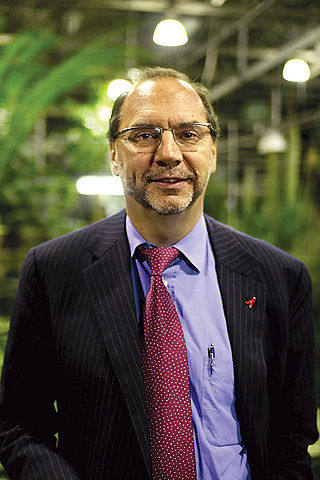
Sir Peter Karel, Baron Piot, is a Belgian-British microbiologist known for his research into Ebola and AIDS.

Elisabeth of Bavaria was Queen of the Belgians from 23 December 1909 to 17 February 1934 as the wife of King Albert I, and a duchess in Bavaria by birth. She was the mother of King Leopold III of Belgium and of Queen Marie-José of Italy, and grandmother of kings Baudouin and Albert II of Belgium, and Grand Duchess Joséphine-Charlotte of Luxembourg.
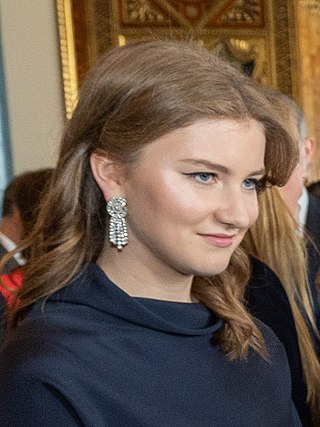
Princess Elisabeth, Duchess of Brabant is the heir apparent to the Belgian throne. The eldest child of King Philippe and Queen Mathilde, she acquired her position after her grandfather King Albert II abdicated in favour of her father on 21 July 2013.

The Queen Elisabeth Competition is an international competition for career-starting musicians held in Brussels. The competition is named after Queen Elisabeth of Belgium (1876–1965). It is a competition for classical violinists, pianists, singers and cellists. It also used to hold international competitions for composers from 1953 to 2012. The current Patron is Queen Mathilde of Belgium.

The Council for International Organizations of Medical Sciences (CIOMS) is an international non-governmental organization of 40 international, national, and associate member groups representing the biomedical science community. It was jointly established by the World Health Organization (WHO) and United Nations Educational, Scientific and Cultural Organization (UNESCO) in 1949 as a successor to the International Medical Congress that organized 17 conferences from 1867 until the 1913 outbreak of World War One.

Princess Marie-Esméralda of Belgium, Lady Moncada, is a member of the Belgian royal family. She is the half-aunt of King Philippe of Belgium and Henri, Grand Duke of Luxembourg. Princess Marie-Esméralda is a journalist, author and documentary-maker. She is also an environmental activist and a campaigner for women’s rights and indigenous people’s rights.
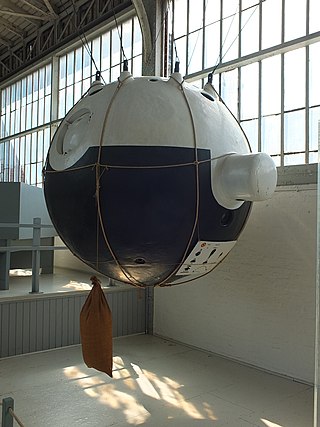
The National Fund for Scientific Research (NFSR) was once a government institution in Belgium for supporting scientific research until it was split into two separate organizations:
The Artois-Baillet Latour Foundation is a Belgian non-profit organization which was founded on 1 March 1974.
The Queen Fabiola Foundation for Mental Health is a Belgian non-profit organization, named after Queen Fabiola. It operates within the framework of the King Baudouin Foundation
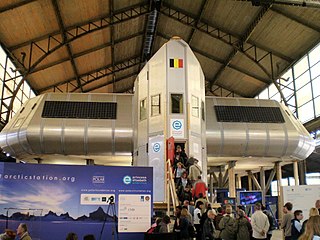
Princess Elisabeth Antarctica, located on Utsteinen Nunatak in Queen Maud Land, is a Belgian scientific polar research station, which went into service on 15 February 2009.
Science and technology in Brussels, the central region of Belgium (Europe), is well developed with the presence of several universities and research institutes.

Alim Louis Benabid is a French-Algerian emeritus professor, neurosurgeon and member of the French Academy of Sciences, who has had a global impact in the development of deep brain stimulation (DBS) for Parkinson's disease and other movement disorders. He became emeritus professor of biophysics at the Joseph Fourier University in Grenoble in September 2007, and chairman of the board of the Edmond J. Safra Biomedical Research Center in 2009 at Clinatec, a multidisciplinary institute he co-founded in Grenoble that applies nanotechnologies to neurosciences.

Alain Hubert is a Belgian explorer. He is a certified mountain and polar guide, a civil engineer, and the founder President of the International Polar Foundation. With the Foundation and its private partners, he built and financed the construction of the scientific research station ‘Princess Elisabeth’. This station is the first ‘Zero Emissions’ station in Antarctica, designed under the spirit of the Madrid protocol system establishing in 1992 the strictest environmental rules to date for a continent through the Antarctic Treaty System.

The Research Foundation – Flanders is a Belgian public research council, based in Brussels. The Flemish research council aims to sponsor ground-breaking research and innovation. Much of this work involves supporting researchers and undertakings in association with the universities and institutes of Flanders, including Ghent University, University of Leuven, University of Antwerp and Free University of Brussels, among others.
The Azerbaijan National Center of Oncology is a scientific research institution that investigates oncological diseases and specializes in oncologic treatment. The National Center of Oncology has been led by Jamil Aliyev since 1990.
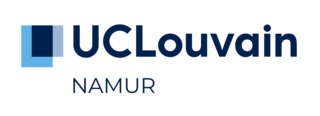
The CHU UCLouvain Namur or CHU UCL Namur is a university hospital located in the cities of Namur, Dinant, Yvoir and Ciney, in the Belgian province of Namur. Established in 2015, it is UCLouvain's second hospital.
















